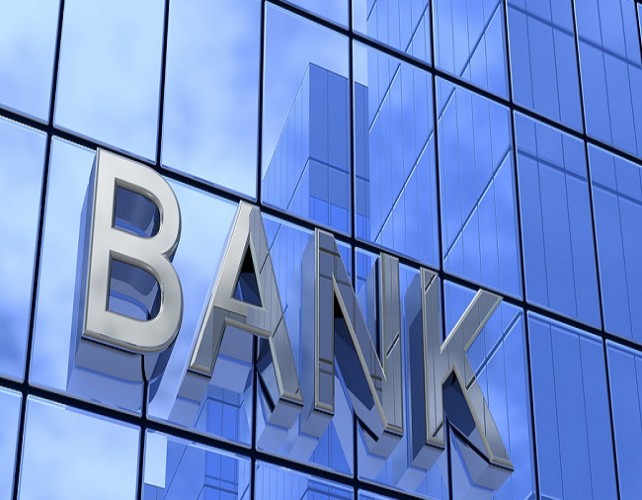- With FirstLounge, Bank set to Redefine Lifestyle Transit Banking
Convenience, ease of banking and comfort are the key defining features as Nigeria’s Most Valuable Bank Brand, First Bank of Nigeria Limited, in partnership with First Street, redefines airport experiences of its customers and other travellers with the launch of its best-in class travel and business lounge – FirstLounge. The lounge, which is the only premium lounge located on the landside of the MMIA (pre-security), will be officially unveiled today, Thursday, February 23, 2017 and it is a dedicated value-adding service initiative tailored to ease both travellers and non-travellers the stress of waiting on long queues and the endless search for comfort and convenience while at the airport.
FirstLounge is also designed to make available lifestyle banking services such as issuance of international cards for use abroad, settlement of last minute airport-related or personal fees via bank transfer or activation of digital banking channels and withdrawal and transfer of last minutes cash via dedicated ATM points to wards and family members before travelling among many others.
Group Head, Marketing and Corporate Communications for First Bank, Mrs. Folake Ani-Mumuney, stated: “As a key driver of innovative change and in line with our commitment to convenience and ease of banking, First Bank remains committed to leveraging evolving technology in delivering lifestyle banking services and products to travelers even as we enable the development of the nation’s travel and tourism industry.”
Also speaking, the Chairman, First Street Limited, Mr. Richard Akerele, stated that First Bank is continuing its heritage of being first and leading the way in Nigeria with new innovative ideas and exemplary customer service.
He said this new lounge would not only raise the bar of standard operations at airports, but provide efficient banking services to existing and new customers in a comfortable and secure state of the art environment.
He added that the lounge would offer interactive internet hardware and software facilities, high speed internet for last minute communications, with light meals, snacks, a variety of beverages served by well trained staff in an air conditioned and quiet environment.
“All that you need to relax before departing on your journey or seeing off your friends, business associates and family,” Akerele said. “We like to thank the management of First Bank for making this truly modern international standard lounge possible.”
Guests at the lounge would enjoy imperial treatment such as designated First Bank staff that would be available to answer queries, resolve complaints and provide feedback within a shorter turn-around time. Other facilities at the lounge include interactive screens, Wi-Fi access, charging points, kids’ play area with an interactive fun floor, an ATM and more to help guests make a productive use of their waiting time at the lounge.

 Forex3 weeks ago
Forex3 weeks ago


 Naira2 weeks ago
Naira2 weeks ago
 Billionaire Watch2 weeks ago
Billionaire Watch2 weeks ago




 Naira2 weeks ago
Naira2 weeks ago




 Naira2 weeks ago
Naira2 weeks ago




 Naira1 week ago
Naira1 week ago




 Naira4 weeks ago
Naira4 weeks ago




 Naira3 weeks ago
Naira3 weeks ago






















